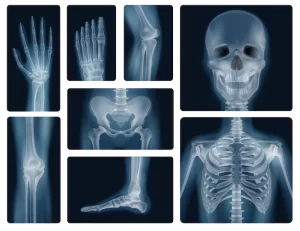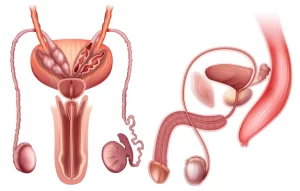
Structure and Anatomy of the Prostate
Most men don’t know where the prostate is or what it does until they have a problem. Don’t wait, educate yourself on the prostate.
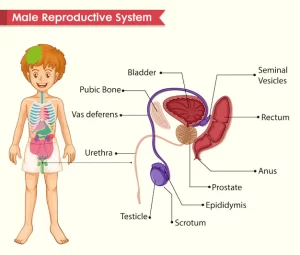
Overview of Prostate Disorders
Most men will have some prostate problems, which may include prostate cancer. Here is an overview of the various prostate disorders.
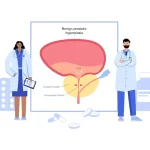
Benign Prostatic Hyperplasia: Causes and Symptoms
Noncancerous prostate growth is very common among older men. But treatment is only needed if symptoms begin to interfere with your quality of life.
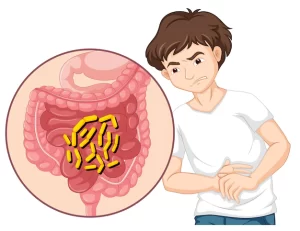
Overview of Overactive Bladder in Men
Symptoms of overactive bladder include the frequent and intense urge to urinate and even incontinence. These symptoms can be mistaken for benign prostatic hyperplasia (BPH). Learn how you can manage overactive bladder and how it is treated.

Benign Prostatic Hyperplasia: Diagnosis
Here are the many ways doctors can diagnose benign prostatic hyperplasia (noncancerous prostate growth).

Benign Prostatic Hyperplasia: Overview of
Treatment Options
Here is a rundown on the various treatments for BPH, or noncancerous prostate growth.
Treatment Options

When to Treat Benign Prostatic Hyperplasia
Here is how to calculate whether you need treatment for BPH, or noncancerous prostate growth.

Treating Benign Prostatic Hyperplasia with Medications
Here is how to treat benign prostatic hyperplasia (noncancerous prostate growth) with drugs.
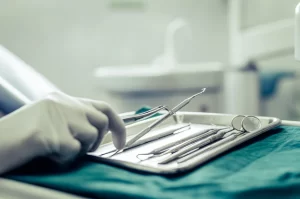
Treating Benign Prostatic Hyperplasia with Surgery
Learn about the many surgeries for treating benign prostatic hyperplasia, or noncancerous prostate growth.
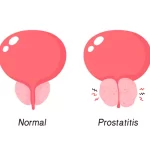
Prostatitis: Causes, Diagnosis, and Treatment
Here’s the rundown on prostatitis—a common condition in which the prostate becomes infected or inflamed.
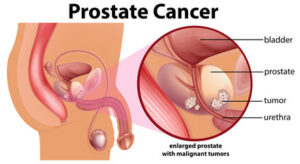
Overview of Prostate Cancer
Here is an overview of prostate cancer and cancer prevention, and a rundown of the many risk factors.

Prostate Cancer Risk Reductions
Here are some tips on how to reduce your risk of prostate cancer.

Soy Foods May Lower the Risk for Prostate Cancer
A new study suggests that men who consume soy foods may be at lower risk for prostate cancer.
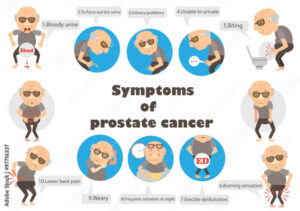
Prostate Cancer: Symptoms, Screening, and Diagnosis
Prostate cancer often has no symptoms, but many tests can help diagnose the disease.
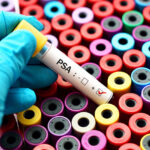
PSA Testing for Prostate Cancer
Prostate-specific antigen (PSA) testing is used for screening men for prostate cancer—here is a rundown on the widely used test.

Overview of Treatment Options for Prostate Cancer
Here is a rundown on the treatment options for prostate cancer.

Early Surveillance Guidelines for Prostate Cancer
A new study found it doesn’t matter whether you treat early prostate cancer or monitor it—the risk of dying from it over the next 10 years is minuscule.
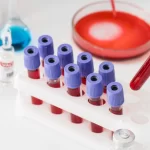
Additional PSA Tests for Diagnosing Prostate Cancer
Find out how doctors can predict prostate cancer with additional prostate-specific antigen (PSA) testing, a common screening test.
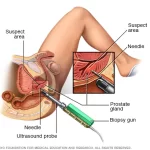
Transrectal Ultrasound and Prostate Biopsy
If prostate cancer is suggested, a transrectal ultrasound and biopsy are done.
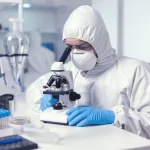
Determining the Extent of Prostate Cancer
In order to get the best treatment for prostate cancer, you will need an assessment to see if it has remained local or spread.

Choosing a Prostate Cancer Treatment
Choosing the best treatment for prostate cancer depends on your risk category.
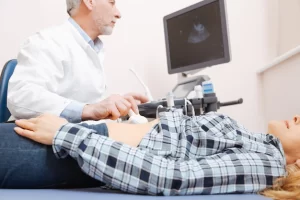
Is High Intensity Focused Ultrasound An
Effective Treatment for Prostate Cancer?
Think twice before pursuing high intensity focused ultrasound (HIFU) as a treatment option for prostate cancer.
Effective Treatment for Prostate Cancer?

Active Surveillance for Prostate Cancer
Find out if active surveillance for prostate cancer is right for you.

Radical Prostatectomy to Treat Prostate Cancer
Here's what you need to know about radical prostatectomy surgery for prostate cancer.
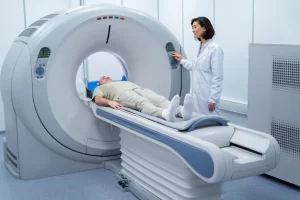
Radiation Therapy to Treat Prostate Cancer
Here's the rundown on treating prostate cancer with radiation.

Brachytherapy to Treat Prostate Cancer
Learn about implanting radioactive seeds to treat prostate cancer.
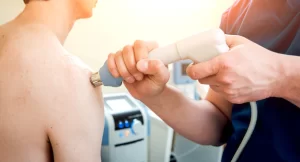
Cryotherapy to Treat Prostate Cancer
Cryotherapy is a treatment that kills cancer cells by freezing them.
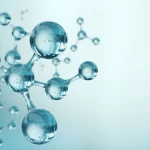
Hormone Therapy for Treating Prostate Cancer
Hormone therapy is needed for medium- to high-risk prostate cancer.

Surgical and Medical Castration to Treat Prostate Cancer
If prostate cancer has spread, castration is the next line of defense.
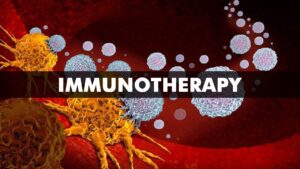
The Promise of Immunotherapy for Prostate Cancer
Here's how marshaling the body’s natural defenses can help fight prostate cancer.

Secondary Cancers After Radiotherapy for Prostate Cancer
Radiation therapy may trigger a second primary cancer.

Castrate-Resistant Prostate Cancer (CRCP) Treatments
If prostate cancer progresses despite hormone therapy, the treatment options available are chemotherapy, immunotherapy, and second-generation androgen suppression.

Managing Treatment Side Effects of
Prostate Cancer: Urinary Incontinence
Find out the many ways you can manage urinary incontinence.
Prostate Cancer: Urinary Incontinence

Managing Treatment Side Effects of
Prostate Cancer: Erectile Dysfunction
Drugs, vacuums, pumps, and devices are some of the methods used to improve erectile dysfunction.
Prostate Cancer: Erectile Dysfunction
